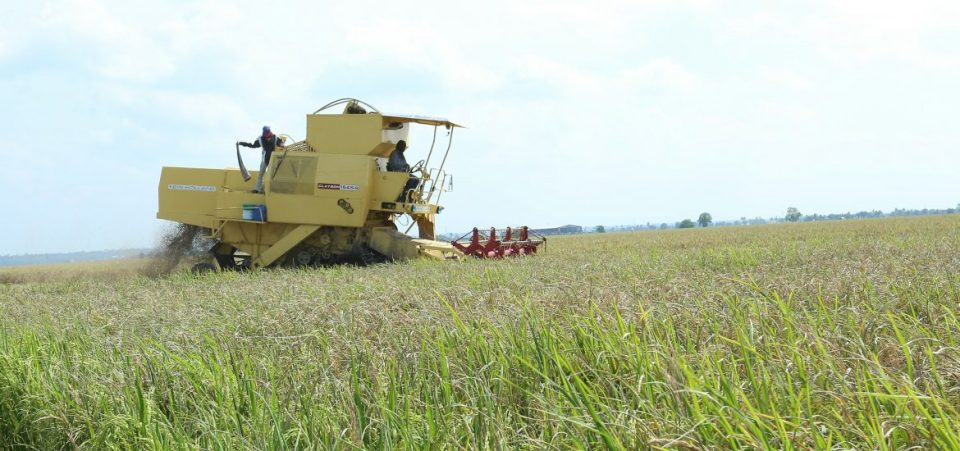PUTRAJAYA, Nov 14 — Efforts must be made to create groundwater storage systems to ensure there is continuous supply of water in order for the padi and rice industry to remain efficient and productive, should there be a water crisis in the future, which could threaten food security in the country.
Agriculture and Food Industry Ministry (MAFI) Padi and Rice Regulatory Division director-general Azman Mahmood said the current irrigation system only depended on rainwater or existing dams, but this method needs to be changed in the face of water crises, which is feared to occur not only in Malaysia but globally as well, with climate change.
Therefore, he said the padi and rice industry must be modernised with digital technology, by using tablet devices and drones, for example, for water management and control at padi granaries, not only to achieve optimal yields but also to ensure food security and the fate of farmers’ subsistence hinged on agricultural activities.
“Apart from fertilisers and the use of modern technology, water is a major factor in the management of padi fields. Insufficient supply of water leads to diseases and weedy rice which cause farmers’ yields to decline immediately. This is a great concern of 300,000 farmers nationwide. As such, the proper Rice Check in terms of use of fertiliser, water and technology needs to be standardised,” he told Bernama recently.
Azman said the groundwater storage system that has been practised in countries such as Australia and Japan had proven to be effective in reducing losses, providing continuous and sustainable yields and even encouraging the involvement of young people in the agricultural sector.
For a start, he said several states such as Kedah, Perak and Pahang could be selected as pilot project sites to implement the construction of groundwater storage systems because they had excess water that had to be released into the sea.
“For example, Rompin in Pahang has no water scarcity problems. So it is important to create a groundwater storage system to store excess water and use that resource when needed at certain times. I am confident that in the next 10 years, Malaysia will also be involved in this method because water resources are increasingly limited,” he said.
He said the infrastructure for the groundwater storage project could be implemented in stages using 20 per cent of the RM1.53 billion allocated by the government for subsidy assistance programmes and incentives to padi growers as an incentive to try new technologies in water management and control.
“If we change from conventional to modern methods by using 20 per cent of the allocation for the padi and rice industry, we expect in 10 years there will be a system of its own. It will be so convenient and efficient with farmers having to use only tablet devices and drones to manage and control water for their crops,” he said.
Citing the arid land of Australia as an example, he said excess water run-off from floods was absorbed underground and stored for industrial crops or use during the dry season.
“Closer to home is the Muda Agricultural Development Authority (MADA) area which experienced a water crisis in 2019. This (scenario) will be repeated elsewhere. If there is groundwater storage, then padi production will not be affected,” he said.
Azman said the ministry would be inviting expertise from the Ministry of Environment and Water to discuss the direction for the implementation of the groundwater system and the construction of storage in padi fields and granaries starting next year, to introduce the method in line with Industrial Revolution 4.0 (IR4.0).
— Bernama





